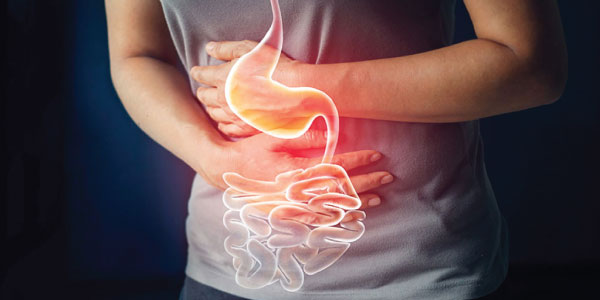
The U.S. Centers for Disease Control and Prevention (CDC) has announced it is monitoring drug-resistant Shigella infections in the United States.
Medical experts identify Shigella, also called Shigellosis, as an infection that’s caused by bacteria that produce diarrhea. Other symptoms include fever, abdominal cramps and a sensation in the body that the bowels need to be emptied, even if they’re already empty, known as tenesmus.
Medical professionals treat Shigella with an antimicrobial treatment to prevent complications or speed up the healing process. Antibiotics generally used to treat infections include azithromycin, ceftriaxone and ciprofloxacin; however, the CDC’s Feb. 24 advisory states that XDR strains of the bacteria “are resistant to all commonly recommended empiric and alternative antibiotics,” listing those three and two others. Thus, according to the advisory, current patients infected by XDR Shigella bacteria “have limited antimicrobial treatment options.” On the other hand, most patients can recover from infections without antibiotics.
Shigella infections can spread by a fecal oral route, person-to-person contact and contaminated water or food. According to the CDC, Shigellosis has infected children ages 1-4 years, but the agency stated it also has seen an increase in adult infections, especially among gay and bisexual people “and other men who have sex with men,” homeless people, those traveling internationally and people diagnosed with HIV.
Medical specialists advise anyone with Shigella to stay hydrated and contact a medical profession to determine the best treatment method.
La shigellosis resistente a los medicamentos
Los Centros para el Control y la Prevención de Enfermedades (CDC, por sus siglas en inglés) han anunciado que están monitoreando las infecciones por Shigella resistentes a los medicamentos en Estados Unidos.
Los expertos médicos identifican la Shigella, también llamada Shigellosis, como una infección causada por una bacteria que produce diarrea. Otros síntomas incluyen fiebre, calambres abdominales y una sensación en el cuerpo de que los intestinos necesitan vaciarse, incluso si ya están vacíos, lo que se conoce como tenesmo.
Profesionales médicos tratan la Shigella con un tratamiento antimicrobiano para prevenir complicaciones o acelerar el proceso de curación. Los antibióticos generalmente utilizados para tratar infecciones incluyen azitromicina, ceftriaxona y ciprofloxacina; sin embargo, el aviso de los CDC del 24 de febrero establece que las cepas XDR de la bacteria “son resistentes a todos los antibióticos empíricos y alternativos comúnmente recomendados”, enumerando esos tres y otros dos. Por lo tanto, según el aviso, los pacientes actuales infectados por la bacteria XDR Shigella “tienen opciones limitadas de tratamiento antimicrobiano”. Por otro lado, la mayoría de los pacientes pueden recuperarse de infecciones sin antibióticos.
Las infecciones por Shigelia se pueden propagar por vía oral fecal, contacto de persona a persona y agua o alimentos contaminados. Según los CDC, la shigellosis ha infectado a niños de 1 a 4 años, pero la agencia afirmó que también ha visto un aumento en las infecciones de adultos, especialmente entre personas homosexuales y bisexuales “y otros hombres que tienen sexo con hombres”, personas sin hogar, personas que viajan fuera del país y personas diagnosticadas con VIH.
Los especialistas médicos aconsejan a cualquier persona con Shigella que se mantenga hidratado y se comunique con un médico para determinar el mejor método de tratamiento.









